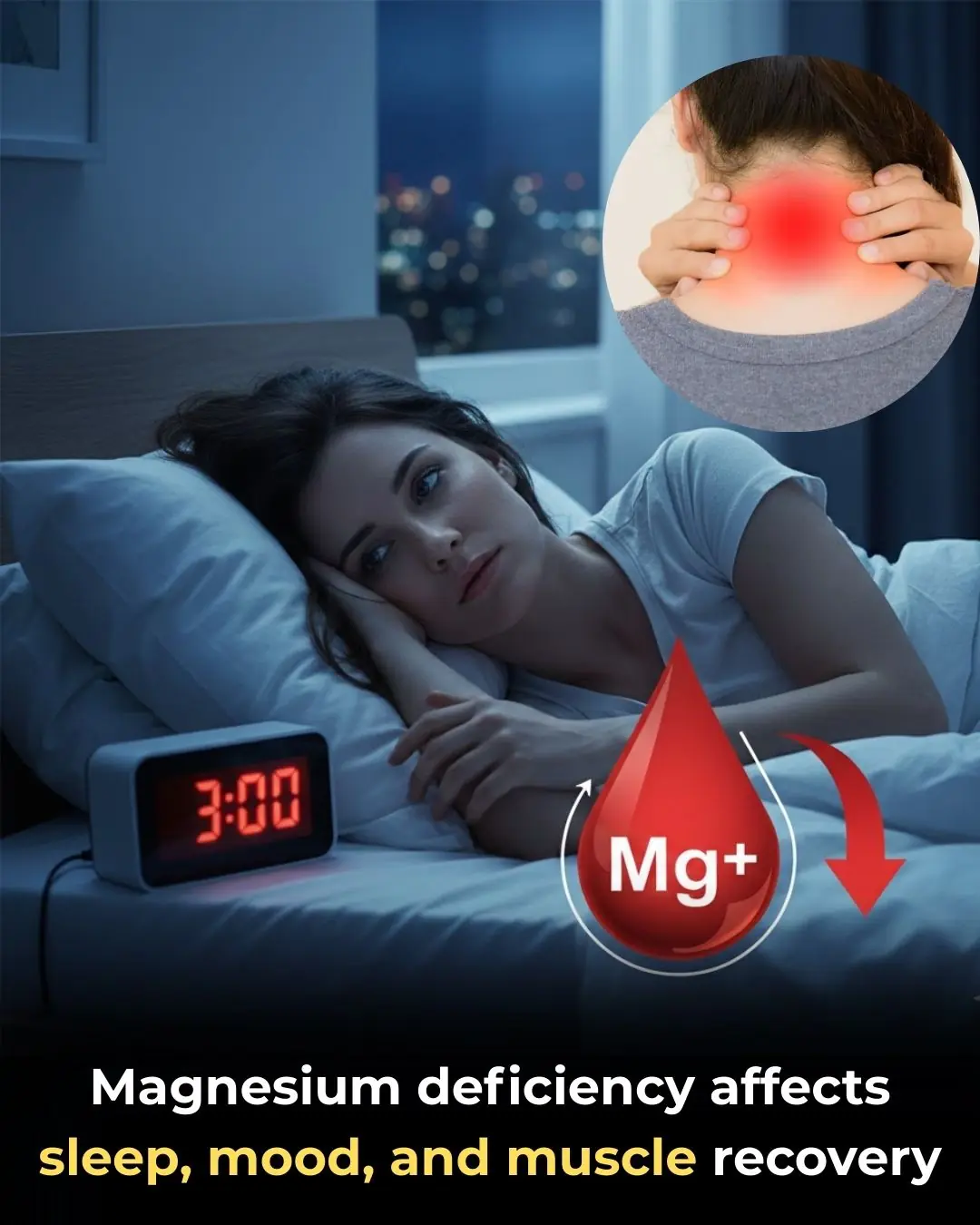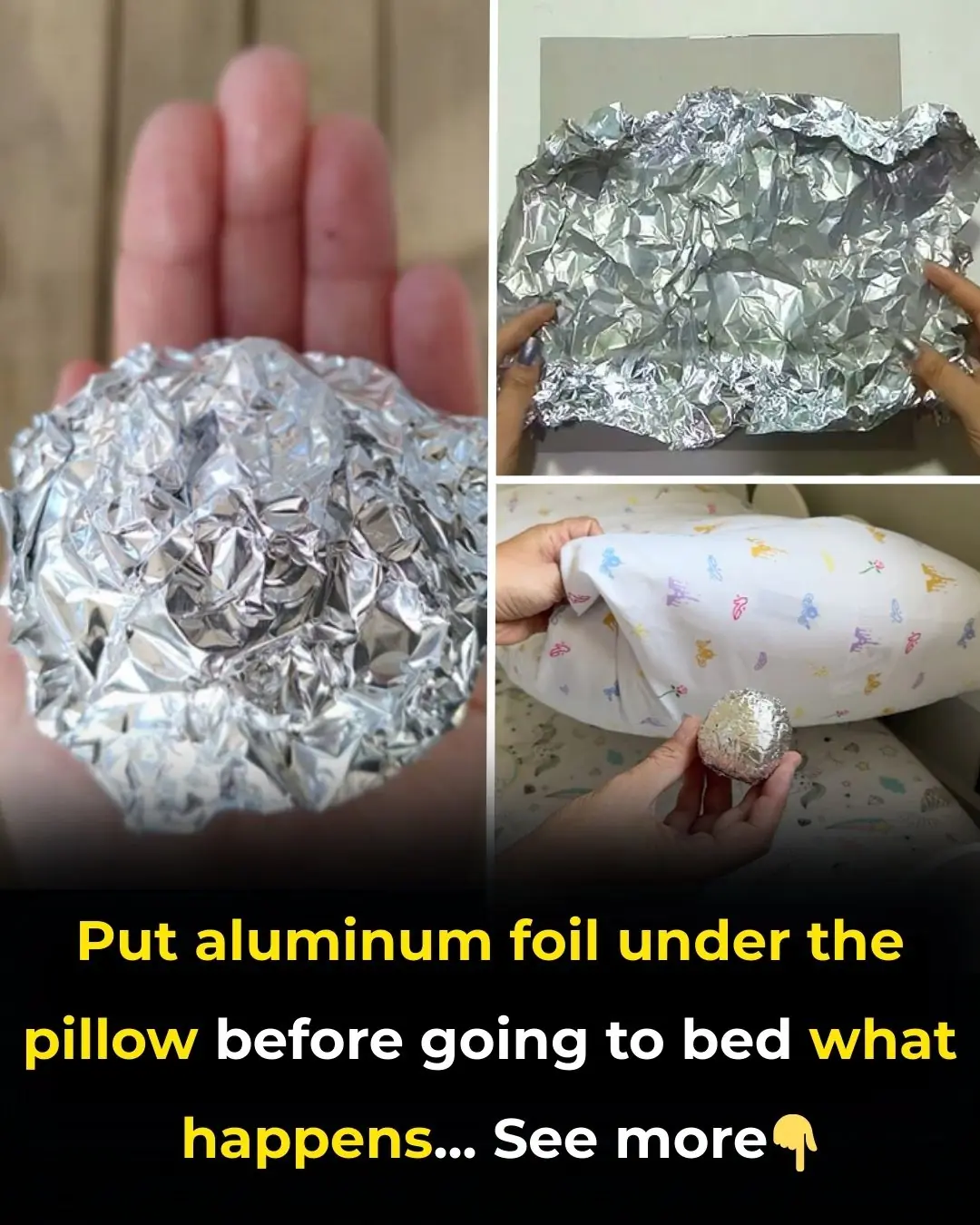
🚿 8 Bathroom Habits That Ruin Your Feeling of Freshness (And How to Fix Them)
You shower every day.
You use the soap you’ve trusted for years.
You put on clean clothes without fail.
And yet… something feels different.
Maybe there’s a faint odor you never used to notice.
Maybe your skin doesn’t feel as fresh or clean afterward — almost like your usual routine isn’t doing the job anymore.
Here’s the reassuring truth:
👉 It’s usually not your hygiene.
👉 It’s your habits — habits that may not match what your changing body actually needs.
As we grow older, our skin thins, our hormones shift, and the chemistry of our sweat evolves. Cell turnover slows, meaning dead skin lingers longer than it used to. What kept you fresh at 25 or 35 may simply not be enough at 50 or 60 — and that’s not failure. It’s biology.
Below, we’ll explore eight everyday bathroom habits that unintentionally work against your freshness… and the easy, science-supported adjustments that make a world of difference.
Because staying fresh isn’t about scrubbing harder.
It’s about caring smarter.
🔍 Why Body Odor Changes With Age
✅ Thinner Skin
A thinner skin barrier means less natural protection. This makes irritation more likely and allows odor-causing bacteria to grow more easily.
✅ Hormonal Shifts
Menopause, andropause, and thyroid changes alter sweat and oil production. Even small hormonal fluctuations can impact body odor.
✅ Slower Cell Turnover
Older skin sheds dead cells more slowly. These cells accumulate especially in folds (neck, groin, underarms), trapping moisture — the perfect environment for bacteria.
✅ Changes in Sweat Chemistry
A compound called 2-nonenal increases with age. It’s responsible for what many describe as “age-related odor” or “old person smell.”
This is a natural, biological change — not a hygiene failure.
Now let’s correct the habits that make these changes worse.
❌ Habit #1: Using Harsh Soaps or Antibacterial Washes Daily
The Problem
Strong soaps strip the skin’s natural oils and disrupt your microbiome — the good bacteria that prevent odor. Ironically, over-cleansing often creates the very odor you’re trying to avoid.
✅ Fix It
-
Choose gentle, fragrance-free cleansers (Cetaphil, Vanicream, Dove Sensitive).
-
Reserve antibacterial soap for hands only.
-
Focus lathering on odor-prone spots: underarms, groin, feet.
💡 For arms and legs, water alone is often enough on non-sweaty days.
❌ Habit #2: Over-Scrubbing With Loofahs or Rough Cloths
The Problem
Too much exfoliation irritates mature skin. Micro-tears become breeding grounds for bacteria. Loofahs trap moisture and germs, especially if not cleaned properly.
✅ Fix It
-
Use your hands or a silicone scrubber (more hygienic).
-
Exfoliate gently 1–2 times per week — not daily.
-
Replace loofahs monthly or use disposable cloths.
🧴 Try a hydrating wash with lactic acid for gentle exfoliation and moisture.
❌ Habit #3: Skipping Moisturizer After Showering
The Problem
Dry, cracked skin holds dead cells and bacteria. It also becomes easily irritated by clothing friction, especially around the legs, elbows, and underarms.
✅ Fix It
-
Apply moisturizer within 3 minutes of stepping out of the shower.
-
Prioritize thick, fragrance-free creams (Cerave, Eucerin).
-
Pay special attention to rough or sensitive areas.
💧 Hydrated skin supports a healthier microbiome and reduces odor.
❌ Habit #4: Wearing Synthetic Fabrics Every Day
The Problem
Polyester, rayon, and nylon trap heat and moisture — ideal conditions for odor-producing bacteria.
✅ Fix It
-
Choose breathable fabrics like cotton, bamboo, or linen.
-
Change clothes after sweating (even light activity).
-
Wash gym clothes after each workout.
👕 Bamboo underwear is especially gentle, breathable, and naturally antimicrobial.
❌ Habit #5: Ignoring “Forgotten Areas”
The Problem
Odor hides in places that get less airflow:
-
Between toes
-
Under breasts
-
Behind ears
-
Belly folds
These spots often get rushed through during quick showers.
✅ Fix It
-
Make a quick checklist: neck, toes, folds, groin, behind ears.
-
Thoroughly pat dry with a clean towel.
-
Use a cornstarch-based powder (not talc) for hard-to-dry areas.
🪞 Use a handheld mirror to check folds and creases if needed.
❌ Habit #6: Using Only Scented Deodorants (Not Antiperspirants)
The Problem
Deodorants mask smell but don’t stop moisture. Dampness feeds odor-causing bacteria. Hormonal changes may increase sweat in midlife.
✅ Fix It
-
Apply a clinical-strength antiperspirant at night — it works better while you sleep.
-
Choose unscented options to avoid irritation.
-
Allow skin to air out when possible.
🌙 Aluminum-based antiperspirants are considered safe for most people. Consult your doctor if unsure.
❌ Habit #7: Reusing Towels Too Many Times
The Problem
Wet towels harbor mold, mildew, and bacteria — all of which transfer to your clean skin the next time you use them.
✅ Fix It
-
Change towels every 1–2 uses.
-
Hang them fully open to dry.
-
Wash with hot water; add ½ cup of vinegar to kill odors.
🧺 Assign different towel colors for easy rotation.
❌ Habit #8: Not Washing Hair Frequently Enough
The Problem
Scalp oil and sweat transfer onto pillows, clothing, and neck folds — contributing to odor even if your skin is clean.
✅ Fix It
-
Shampoo according to your scalp, not your hair length — every 2–3 days is ideal for many.
-
Use a clarifying shampoo weekly.
-
Rinse thoroughly; residue breeds bacteria.
🧴 Apply conditioner only to the ends unless your scalp is dry.
⭐ Bonus Tips for All-Day Freshness
💧 Stay Hydrated
Water dilutes odor-causing compounds in sweat.
🍽 Reduce Processed Foods
Diets high in sugar, refined carbs, and red meat can intensify odor.
🧦 Change Socks Daily
Feet sweat more than most people think — go barefoot at home when safe.
🛏 Change Bedding Weekly
Sheets trap skin cells, oil, and sweat.
⚠️ Monitor Sudden Odor Changes
A dramatic shift may indicate infection, diabetes, liver issues, or thyroid imbalance.
🧠 The Bottom Line: Confidence Comes From Understanding Your Body
You don’t need to overhaul your entire bathroom routine to feel fresh again.
A few thoughtful adjustments can bring back comfort, cleanliness, and confidence.
So the next time you step out of the shower, pause.
Treat your body with the same kindness it has shown you for decades.
Choose products that support its needs today — not ten years ago.
Because real freshness is quiet.
It’s gentle.
It’s smart.
And most importantly — it lasts longer than any fragrance ever could.
News in the same category


Rebuilding with Purpose: Japan’s Monumental Tsunami Wall and Living Forest Shield

Which Raw Food Would You Eat

A Heartfelt Goodbye: Graduate’s Simple Thank-You Moves Security Guard to Tears

🧠 The Anxiety Circuit: Discovery of a Neural Pathway That Functions as an On/Off Switch for Fear

🚶 The Power of Post-Meal Movement: Why a Ten-Minute Walk is a Game-Changer for Blood Sugar Control

✨ The Unsung Mineral: How Magnesium Deficiency Compromises Nerve Signaling and Undermines Holistic Health

🎮 The Virtual Battlefield: How the British Army is Leveraging Call of Duty for Next-Generation Tactical Training

🍔 The Hijacked Brain: How Ultra-Processed Foods Mimic Addiction and Disrupt Decision-Making

How Chronic People-Pleasing Could Increase Your Risk of Autoimmune Disease

Autophagy: How Your Body's 'Self-Cleaning' Process Boosts Health and Longevity

Groundbreaking Stem Cell Therapy Reverses Type 1 Diabetes, Restoring Natural Insulin Production

Breakthrough Ready-Made Immune Cell Therapy Shows Promise in Treating Advanced Kidney Cancer

Early Detection of Testicular Cancer: The Key to Saving Lives in Young Men

New Research Shows Coffee Consumption Can Reduce Liver Cancer Risk by 43%

Why Do We Get Shocked by Static Electricity

What Clearing the Table Says About You

What is their purpose in doing so?
News Post

You’re doing it all wrong. Here’s the right way to organize fridge

Canadian Scientists Develop Mini Robot to Treat Kidney Stones Without Surgery

12 medications you should never mix with coffee

Juniper: 20 Remarkable Benefits and How to Use It

Homemade Herbal Hair Oil – Adivasi Hair Oil

Rebuilding with Purpose: Japan’s Monumental Tsunami Wall and Living Forest Shield

Which Raw Food Would You Eat

WARNING: This common pill causes dementia

A Heartfelt Goodbye: Graduate’s Simple Thank-You Moves Security Guard to Tears

This Is One Of The Most C.ancer-Causing Foods – Stop Eating It!

Put aluminum foil under the pillow before going to bed what happens

💉 The Future of Cardiac Screening: New Blood Test Detects Hidden Heart Disease Years Before Symptoms

🧠 The Anxiety Circuit: Discovery of a Neural Pathway That Functions as an On/Off Switch for Fear

🚶 The Power of Post-Meal Movement: Why a Ten-Minute Walk is a Game-Changer for Blood Sugar Control

✨ The Unsung Mineral: How Magnesium Deficiency Compromises Nerve Signaling and Undermines Holistic Health

🎮 The Virtual Battlefield: How the British Army is Leveraging Call of Duty for Next-Generation Tactical Training

🍔 The Hijacked Brain: How Ultra-Processed Foods Mimic Addiction and Disrupt Decision-Making

How Chronic People-Pleasing Could Increase Your Risk of Autoimmune Disease
